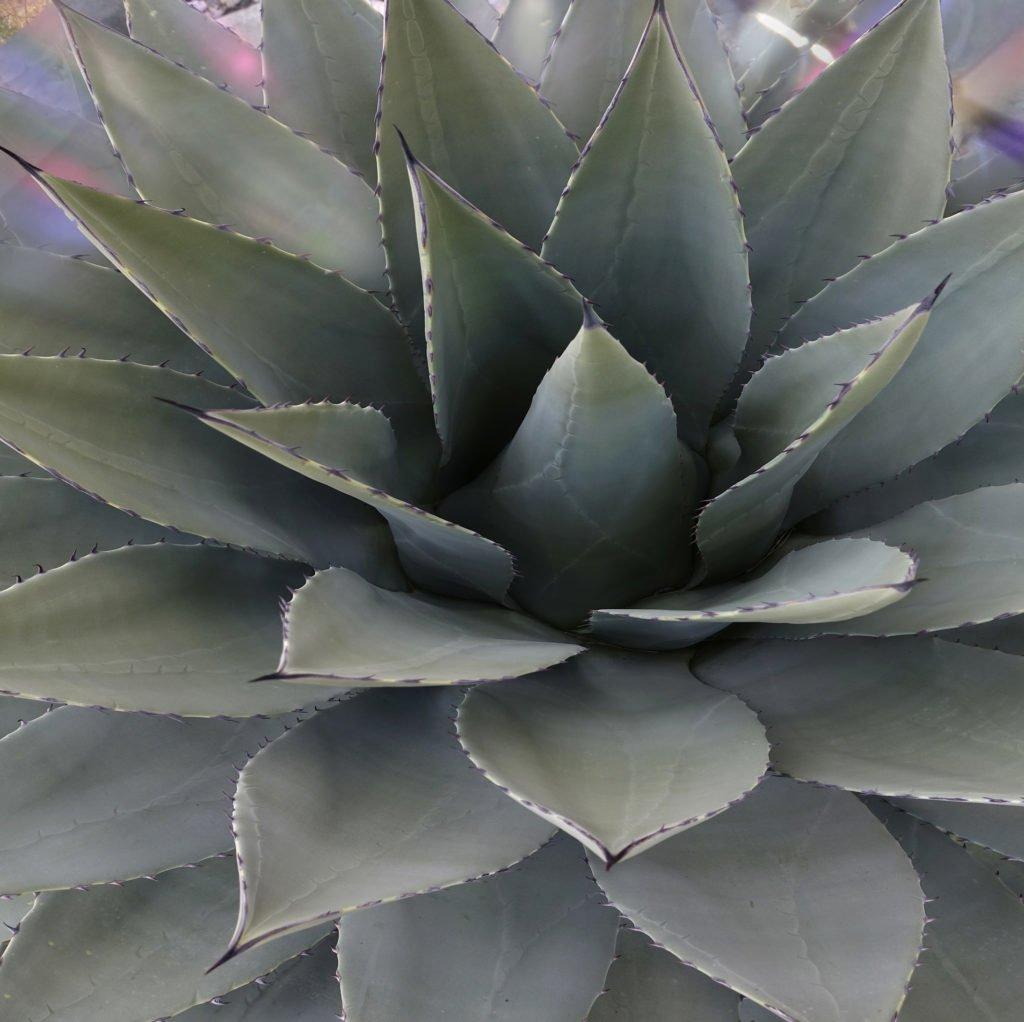 “I hear you have some questions about resurrection,” the rabbi I’d been referred to said over the phone.
“I hear you have some questions about resurrection,” the rabbi I’d been referred to said over the phone.
“No, I’m not asking about bodies rising from the grave, I don’t think – It’s just one question,” I tried to explain, not wanting to take up too much time from this renowned scholar of Jewish law, philosophy, and mysticism.
Days earlier I’d been sitting in a synagogue in Tucson, at a young cousin’s bat mitzvah. A prayer book had been shoved at me and I was skimming through the translations, wondering when the service would end. I was a trespasser. The last time I’d tried talking to god was six years earlier, when my daughter lay dying. After that, I prayed to her instead. Marika’s ghost was less of a stranger to me than god. She should have been there in Tucson, sitting with me, celebrating her cousin’s coming of age. Blinking back tears, I buried my face in the prayer book.
“Turn to page 292,” announced the cantor officiating at the service.
That’s when I came across the line about how god, “with great mercy, gives life to the dead.” It was written in three different places on that page. Whoa. What did that mean? I wondered, as I read it over and scoured the page for clues. The same line appeared several times more as the congregation turned to page 48 and then 10.
Later I asked the cantor, how does god bring life to the dead? And I asked my cousins. Then there was a conversation I was not part of, and afterwards they directed me to the Chabad rabbi back in my hometown. They told him I would call.
“Listen to the voice of your soul,” the rabbi said. I’d never thought in terms of “the soul.” Mostly I write about messages of the heart. Or sometimes of ‘one’s spirit,’ which offers an intriguing other-worldly dimension. But the rabbi spoke exclusively of “the soul.” My soul. My daughter’s. “The soul that continues to live long past the body.” My “soulful need and yearning to connect with something more, with the world beyond.”
“Souls departing the world gain freedom …take on a more vibrant life after leaving the body,” he said. “Your daughter is aware of you.” And then, “The soul gets immeasurable joy from every good deed we do on earth.” What? My daughter’s soul? Or my own?
“Don’t ignore that voice, the voice of the soul… Do things on behalf of that soul. Do good things in her honor.”
The rabbi would be pleased if I learned more about Judaism, to feed my daughter’s soul as well as my own. And I may. But a small voice (mine? or Marika’s?) keeps nudging me, “What about seeing a medium? What about organizing a grievers walking group? and helping elderly gardeners? and telling someone about the cruel treatment of the horses at the stable in Tucson?” Maybe it’s through us, the survivors: We bring life to the dead.
What do you make of the idea that god “with great mercy, gives life to the dead”? Really, I’d like to hear. It’s still haunting me.
Please Share on your Social Media
After my first husband passed away in 2001, I would see little signs of his presence everywhere, and so did my daughter. Butterflies at auspicious moments, turtles (he collected them), dreams where he is calling my name. When I say that prayer, I imagine it means that we carry a little bit of the deceased loved one with us always. That beloved soul manifests in mysterious ways, whether in lessons learned by living together, to be applied to a future relationship, or motivation to do something that you were encouraged to do back when but couldn’t, or vivid appreciation of something loved which you took for granted before. I love your writing and your photography, and knowing you makes me a wiser person. Thank you.
Yow! Corinne, thank you. I love what you wrote. I, also, believe we carry something of our deceased loved ones with us. Always. Now I need to go back to that prayer and see this in it. Maybe that’s what I found in those lines from the beginning because I was totally surprised by the idea of resurrection that the rabbi assumed I was asking about. I just HAD to be something closer, more accessible, more inside-of-us rather than resurrection. Yes, the spirit of our loved ones changes us. I love that that can happen. Hugs, Corinne.
This is a new and daring theme, Robin. What a great question to ask the Rabbi or anyone. Your answer is perfect for me. I love thinking about Soul (Psyche). I wonder how the Rabbi defined the term.
Robin, like you, I don’t know. I practice Buddhist meditation, but I don’t “believe” in reincarnation.
I don’t know. Yet I would love to know.
I had one experience that seemed beyond the rational after Adrian died: In the middle of the night a Leonard Cohen cd started playing spontaneously, and not at the first song. It was “So long, Maryanne.” This felt incredibly comforting to me, though it freaked out my sister, who was staying with me. What does it mean? I don’t know.
Thank you so much for sharing your search.
As always Robin, thank you, thank you for sharing your search. I can only imagine the courage it took for you to participate in that Bat Mitzvah. Your courage is an inspiration.
Robin,
An intriguing blog. Lovely image.. Message full of ambiguity. Firstly one has to believe in the existence of a god, or God. Some of the philosophy, however, I would find acceptable without the existence of a deity. But it takes all kinds.
Give me a call. My book has finally been printed, and your copy awaits you.
Annette